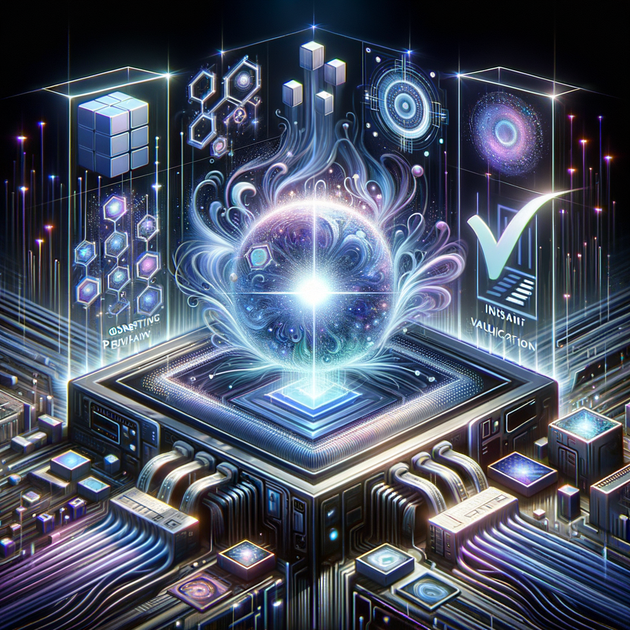The GenRM Breakthrough: Unifying AI Generation and Verification
Imagine an AI model that not only generates accurate responses but also self-validates its output in real-time. This is the groundbreaking innovation introduced by Google DeepMind’s Generative Reward Model (GenRM). In this article, we dive into how this advancement stands to revolutionize the AI landscape.
The Challenge with Current LLMs
Large language models (LLMs) have evolved remarkably, capable of generating human-like text and handling intricate reasoning tasks. However, they still struggle with factual and logical inaccuracies, limiting their application in critical fields like healthcare and finance.

Studies, such as the one by Oxford University, bring to light a significant vulnerability in LLMs known as AI hallucinations. This phenomenon causes LLMs to produce incorrect or irrelevant outputs, posing substantial risks, especially where precision is crucial.
Traditional Solutions: A Brief Overview
Researchers have explored various methods to enhance LLM accuracy. Some of these include:
- Verifiers: Models that assess and filter LLM outputs based on correctness.
- Discriminative Reward Models: These offer feedback during LLM training to improve output quality.
Despite their effectiveness, these methods have limitations. For instance, they often rely on predefined criteria and do not generate new text, thereby not fully utilizing the generative capabilities of LLMs.
Introducing The GenRM
Google DeepMind, in collaboration with the University of Toronto, Mila, and the University of California, Los Angeles, has introduced an ingenious approach: the Generative Reward Model (GenRM).
This model leverages next-token prediction to enhance both the generative and verification capabilities of LLMs. By predicting the next word or token in a sequence, based on context, GenRM unifies generation and verification into a single process.
Chain-of-Thought Reasoning
GenRM supports Chain-of-Thought (CoT) reasoning, prompting the model to outline its thought process before arriving at an answer. This creates a more systematic and thorough verification procedure.

Performance and Scalability
GenRM offers significant performance enhancements, especially in complex reasoning tasks. Its ability to scale with larger datasets and increased model capacity broadens its applicability, making it a robust solution for various scenarios.
“GenRM is a more performant alternative to discriminative reward models, unlocking the use of powerful tools like chain-of-thought reasoning and majority voting for better verification,” the researchers noted.
Future Implications
Google DeepMind’s GenRM sets a new benchmark in AI technology, combining generative and verification processes into a unified model. This innovation promises a brighter and more accurate future for AI applications across numerous fields.
The research team plans to extend the generative verification framework to a wider array of applications, such as answering open-ended questions and performing coding tasks. They also intend to explore how generative verifiers can be integrated into existing LLM self-improvement algorithms.
Join the Conversation
How do you think GenRM will impact the future of AI applications? Share your thoughts below and join the discussion with AI enthusiasts, professionals, and academics from around the world.
Related Articles:
